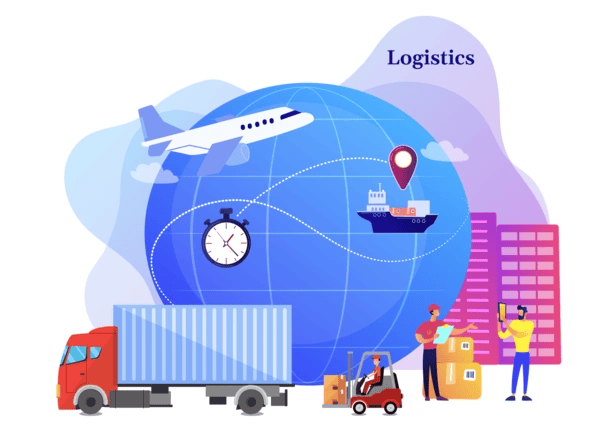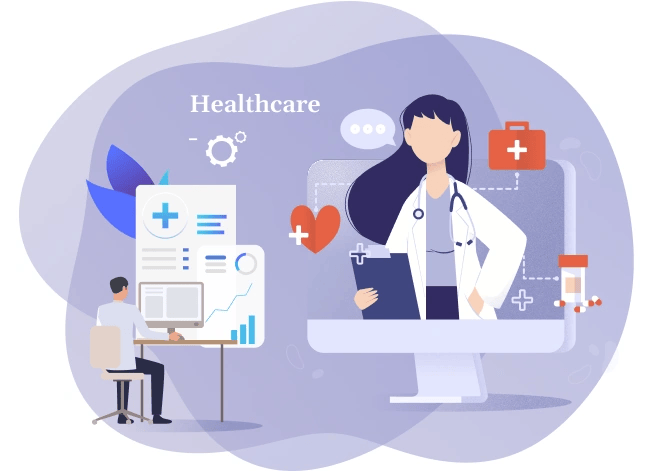A Global Partner for Custom Software, AI/ML & IT Solutions
Shaping practical, future-ready digital products that drive business growth. Powered by 7+ years of expertise, 120+ specialists, 150+ completed projects, and a workflow built for speed, clarity, and effortless team scaling.






